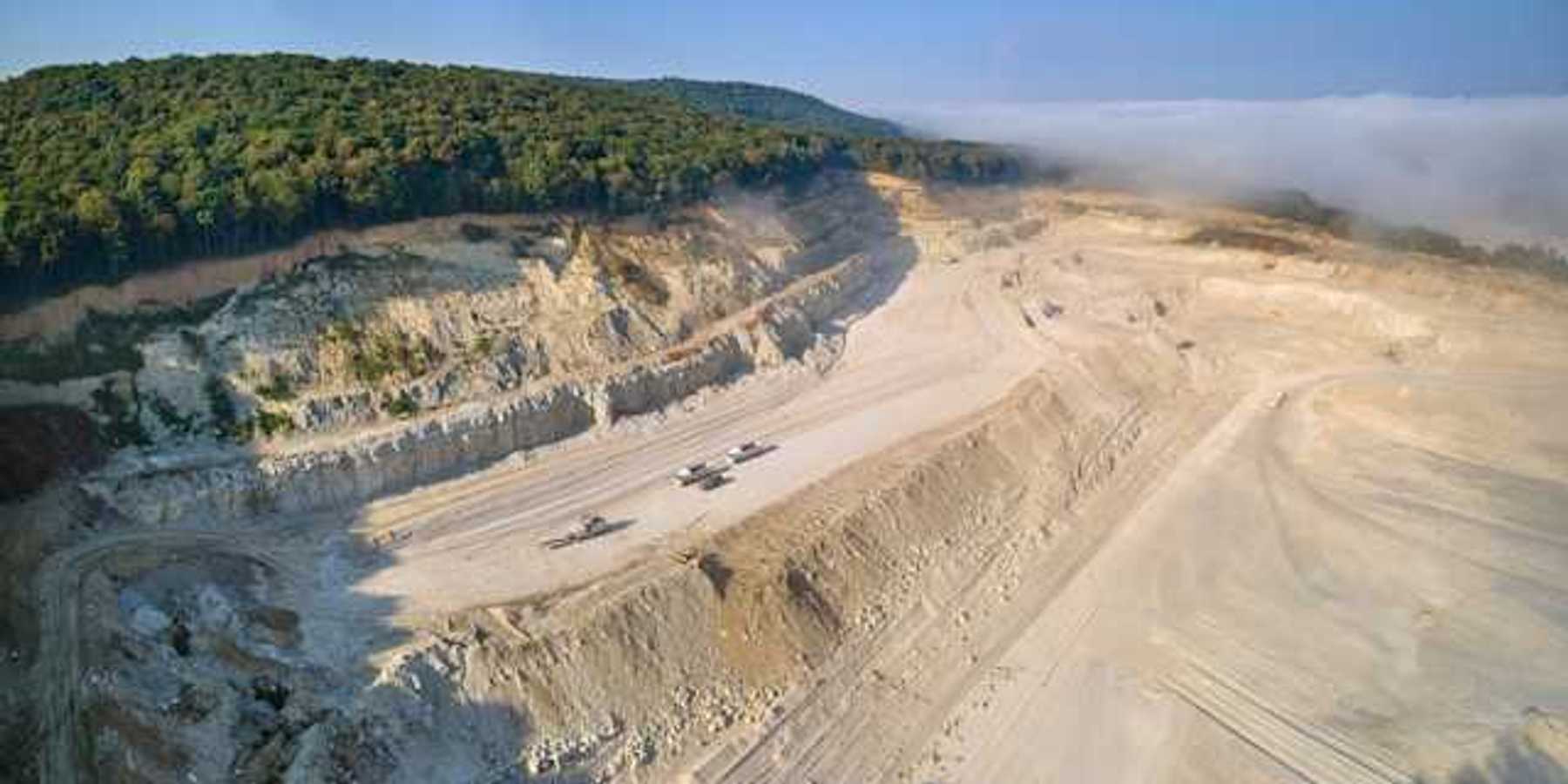
Weekend Reader for January 7
This week, the Trump Administration reprised a Reagan-Era blunder.
In the early 1980's President Reagan and Interior Secretary James G. Watt proposed opening up virtually the entire U.S. coastline -- Atlantic, Pacific, and Arctic oceans -- to offshore oil exploration. Problem was, the oil industry had virtually no interest in entering most of the areas proposed.
Current oil and gas prices are extremely low. Offshore oil and gas exploration and drilling is inherently more expensive than land-based drilling. Oil prices would have to once again shoot through the roof if there were any expectation that the oil industry actually wants the gift that it's being offered. The New York Times has the national view, while the Tampa Bay Times reports on how Florida's Republican governor is set to battle the White House on offshore drilling.
Top Weekend News

From Lisa Friedman of the New York Times: Expect environmental battles to intensify in 2018.
From the AP's Seth Borenstein: Ocean oxygen levels are taking a plunge. A new study also shows a dramatic increase in coral bleaching.
With a metro area of thirty million, Jakarta is one of the world's largest cities. They're contemplating a future underwater.
You may not have heard of Paul Nyden. The pioneering environmental journalist died this week at age 72. Nyden was among the first to report on mountaintop removal, the then-new coal mining method that lived up to its own name, blasting the tops of mountains to bits to remove the coal seams below, with the resulting waste rock dumped into valleys and streams below. Nyden stood up to the dominant coal industry as a reporter for the Charleston (WV) Gazette, mentoring other fearless reporters like Ken Ward, Jr., who had the difficult task of writing Nyden's obituary .
This Week in Trump
The Interior Department is axing regulations that don't comport with a Trump World view: Conservation and climate change need no longer be considered in many agency decisions.
Over at EPA, they're moving quickly to write new climate change rules that could wipe out any last vestige of Obama's climate policy.
While you were away..... Good rundown from Outside Magazine on Trump Administration rollbacks over the holidays.
The Interior Department also ended a decades-long standoff over building a road through wilderness on the Alaska Peninsula.
Opinions and Editorials
Michael Mann is a deeply respected climate scientist, at least among those who respect science. He offers this piece on the much discussed "Bomb Cyclone" and cold snap in the Northeast.
Writing for the Center for Health Journalism, Dr. Daniel Turner-Lloveras writes that EPA's unwillingness to ban chloprpyrifos would guarantee more illness and death among farm workers.
When wildfires threaten lives and raze entire communities, other hazards can get obscured. This op-ed highlights the added toxic risk from burning carpets laden with toxic chemicals.
From this week's Living On Earth: Peter Dykstra joins Steve Curwood to assess the environment and politics as the year turns, and finds little cause to think the current deregulatory push by the Trump Administration will change. Still, the states have become bright spots in the renewable energy sector and Congress is showing a bit more commitment to climate action.
Losing Bears Ears: Amy Irvine, a Utah mom, on what it means to see the new Bears Ears National Monument drastically reduced in size.
Obama quote that he'll never live down
The Obama Administration also tried a less ambitious expansion of offshore drilling. Shortly before Deepwater Horizon's blowout, he said this about how oil spills didn't much happen anymore. Ouch.













